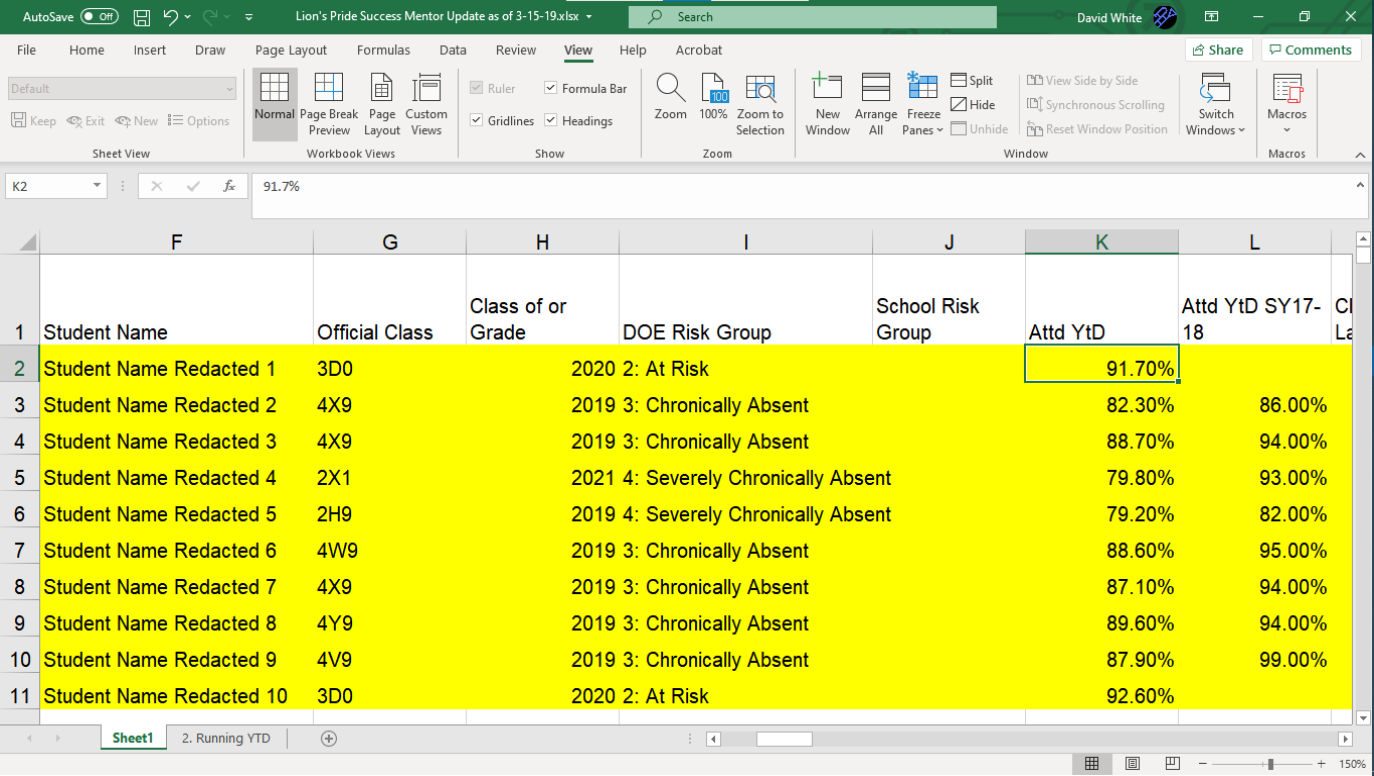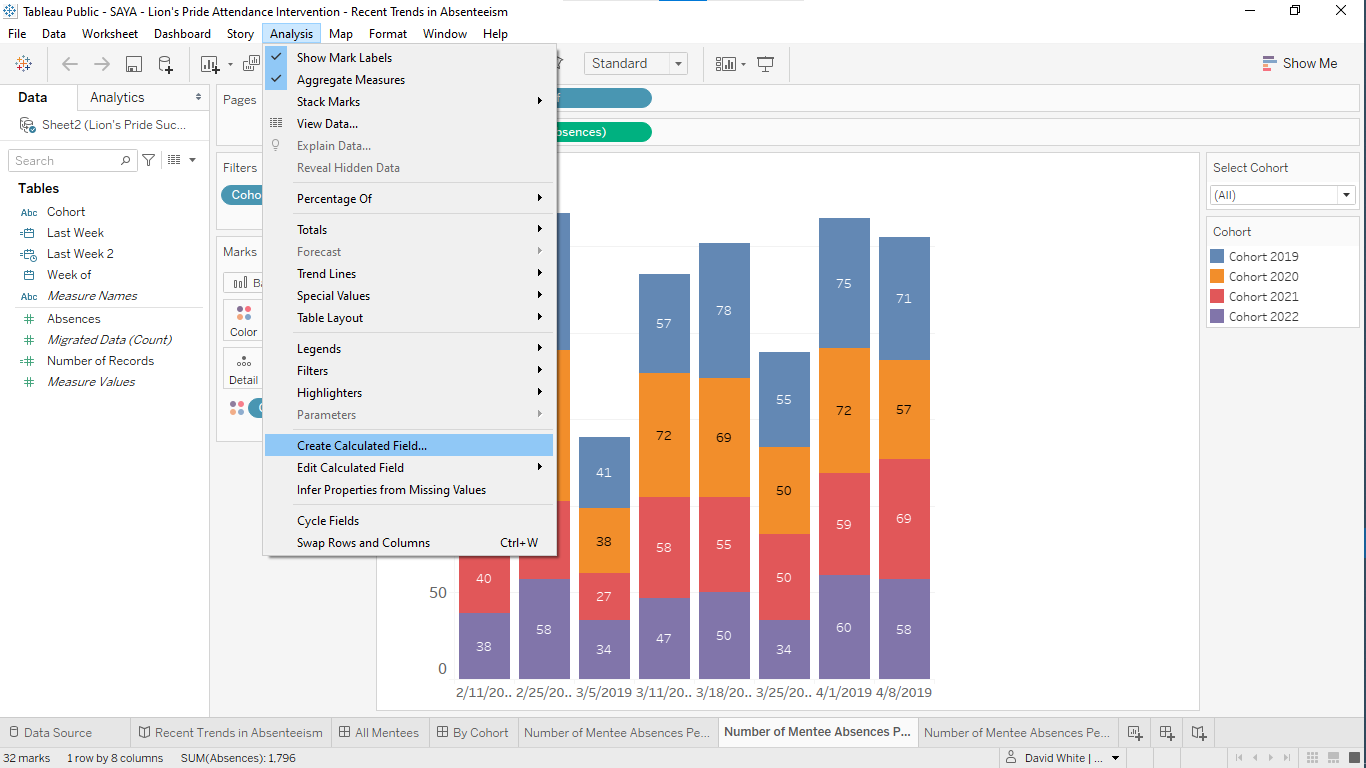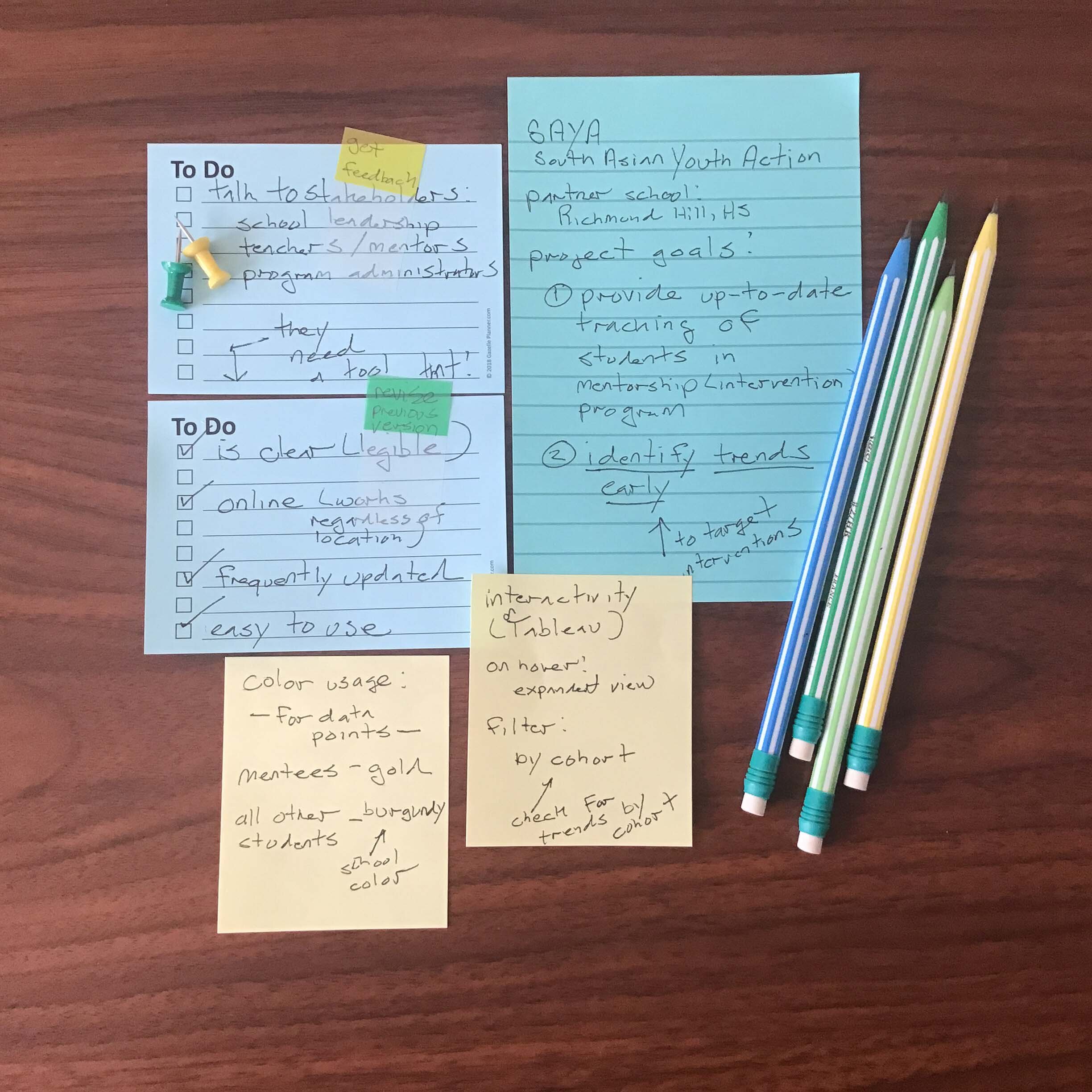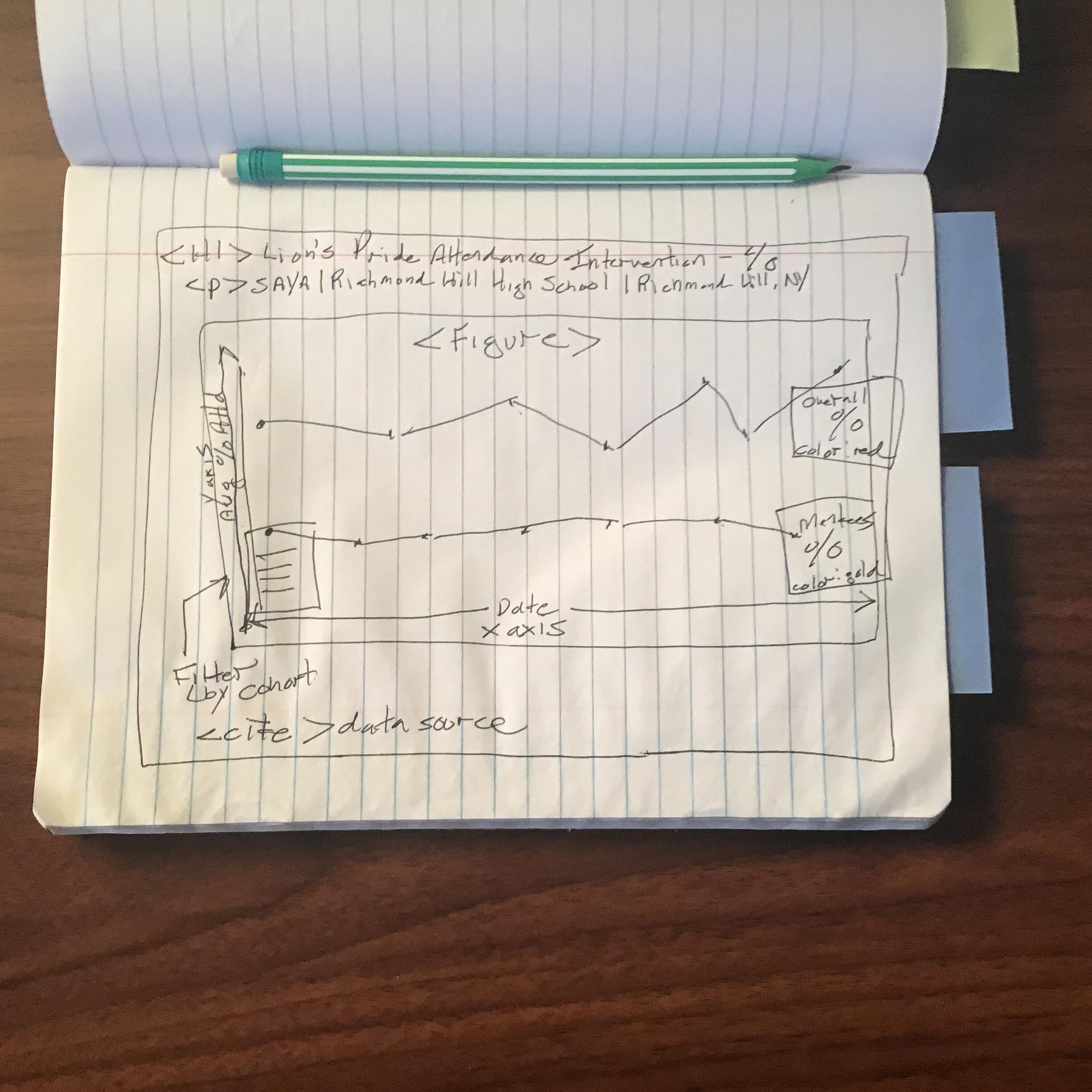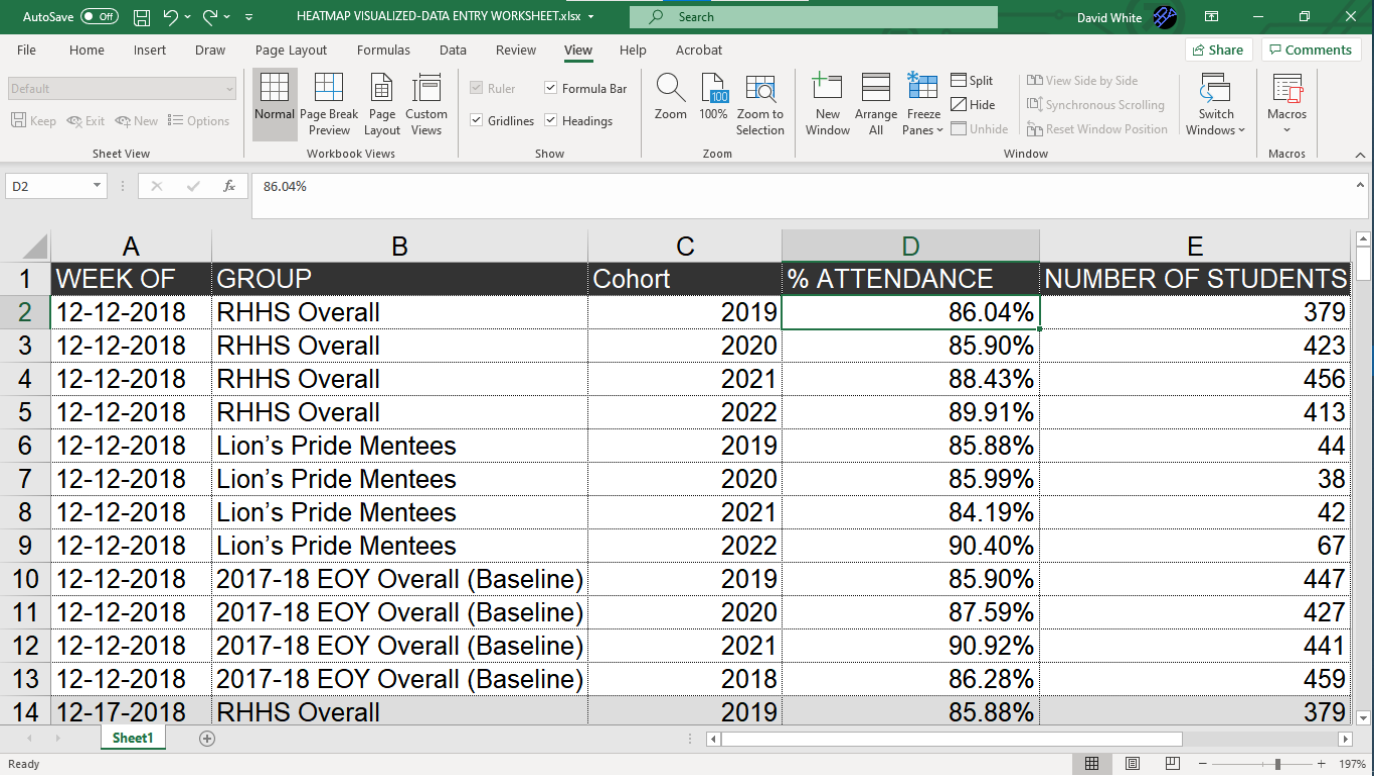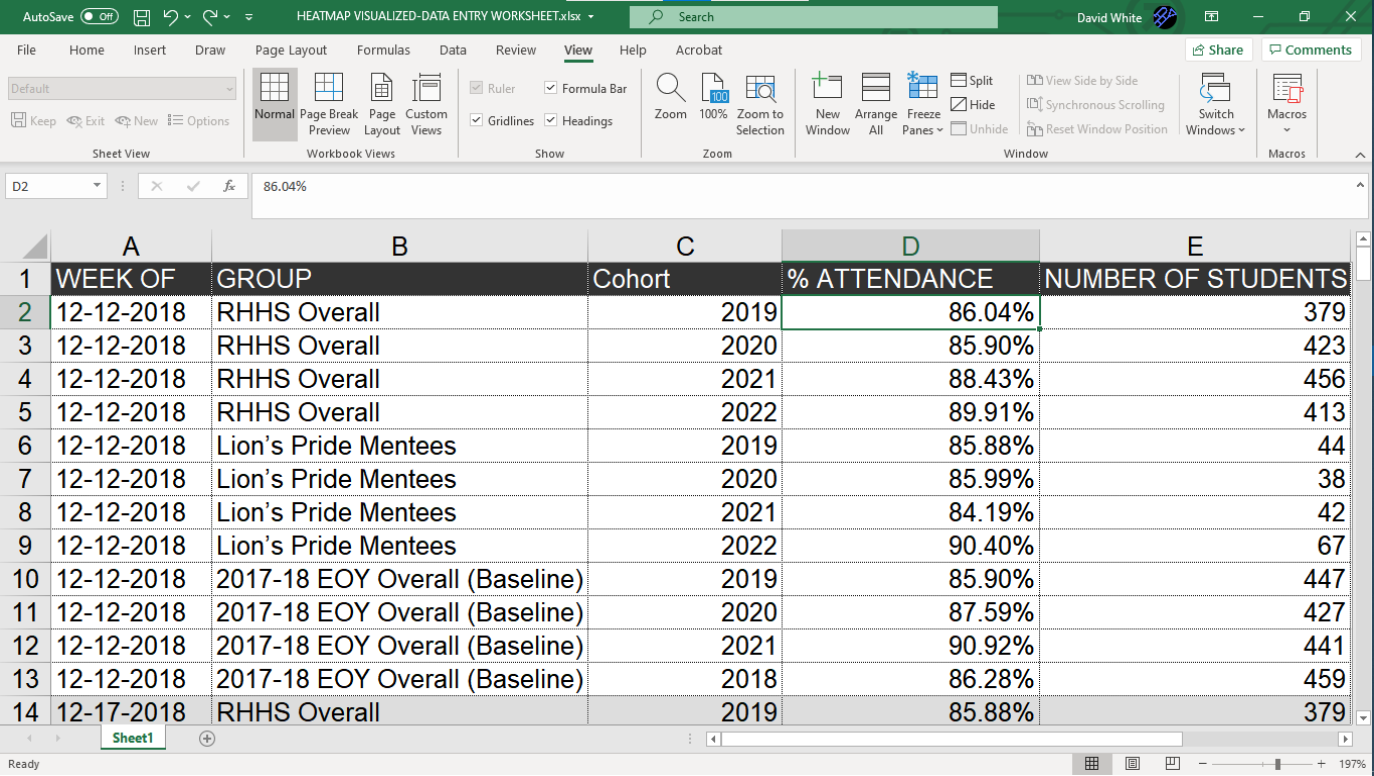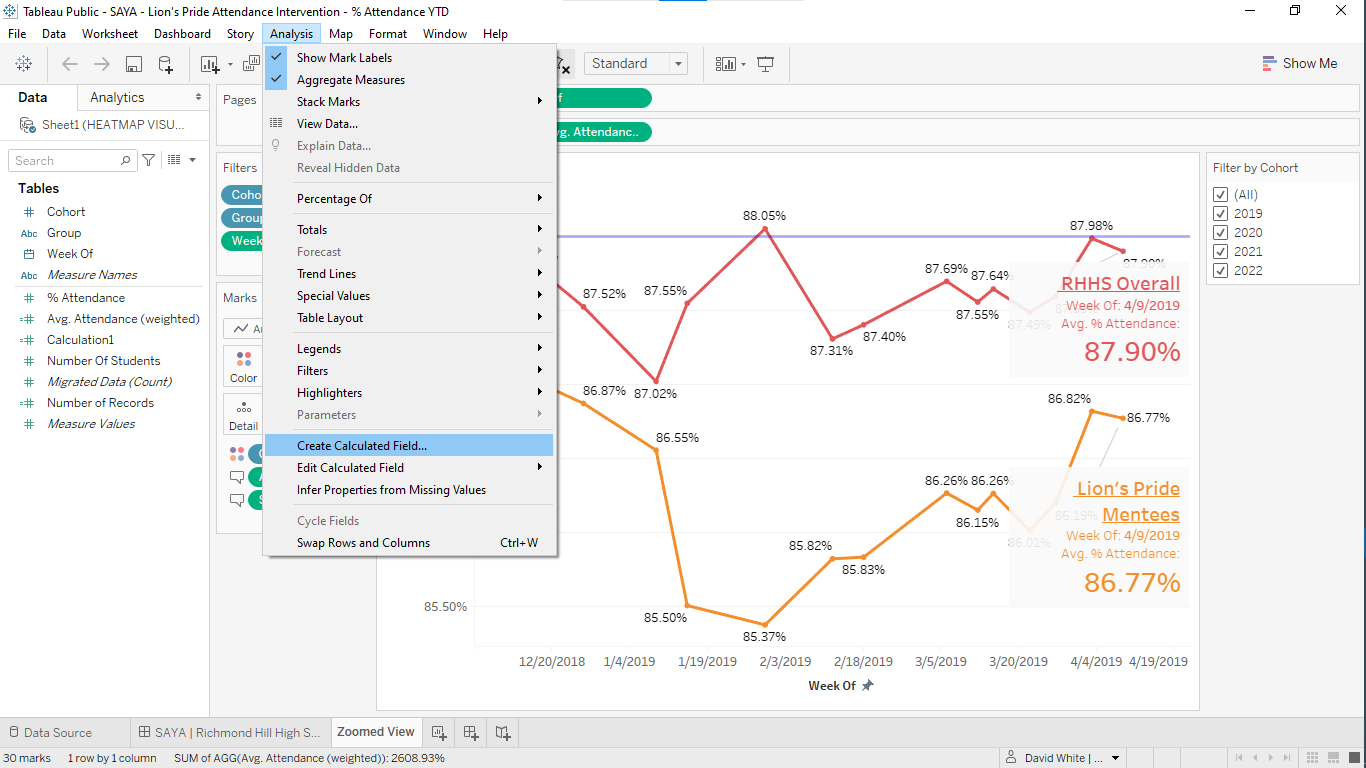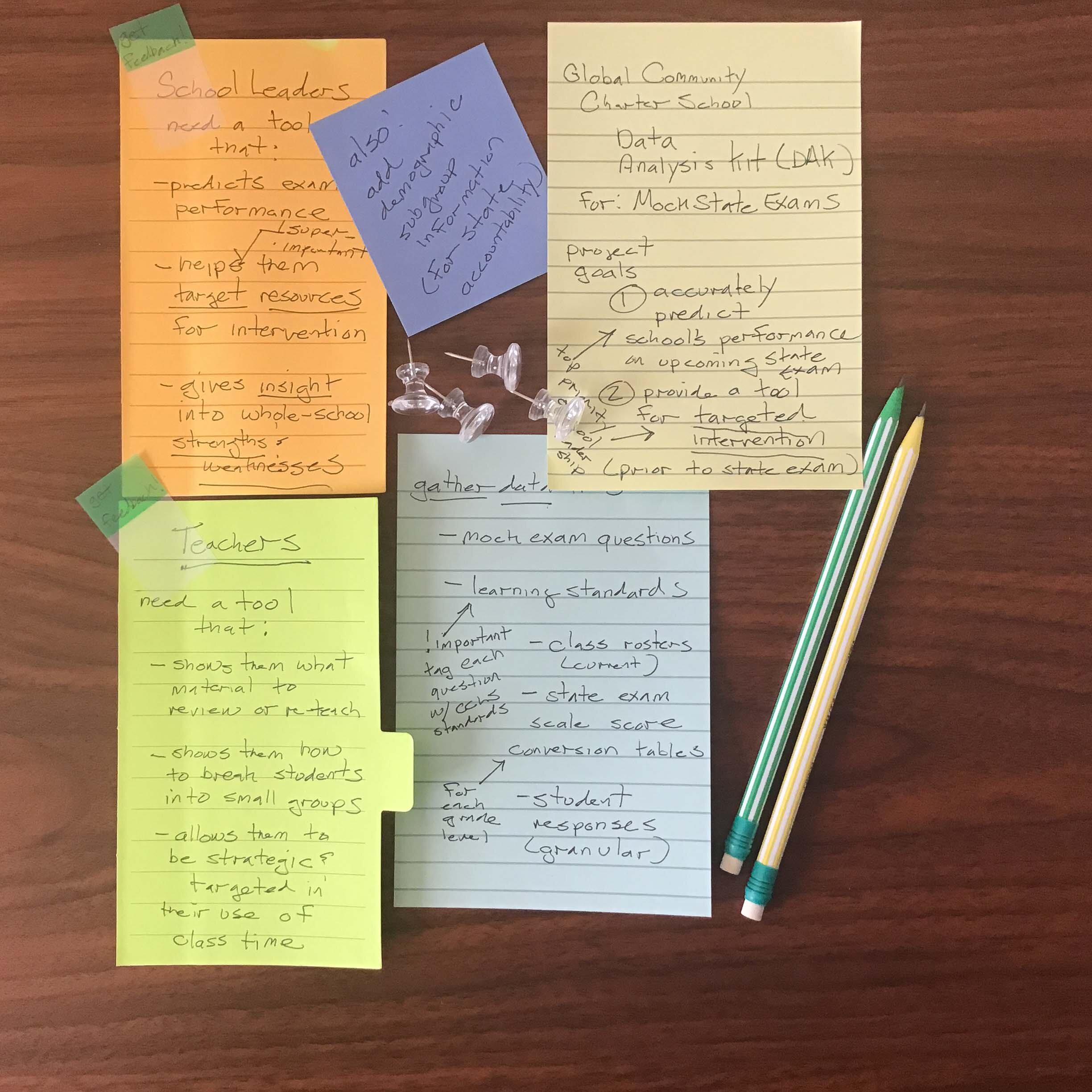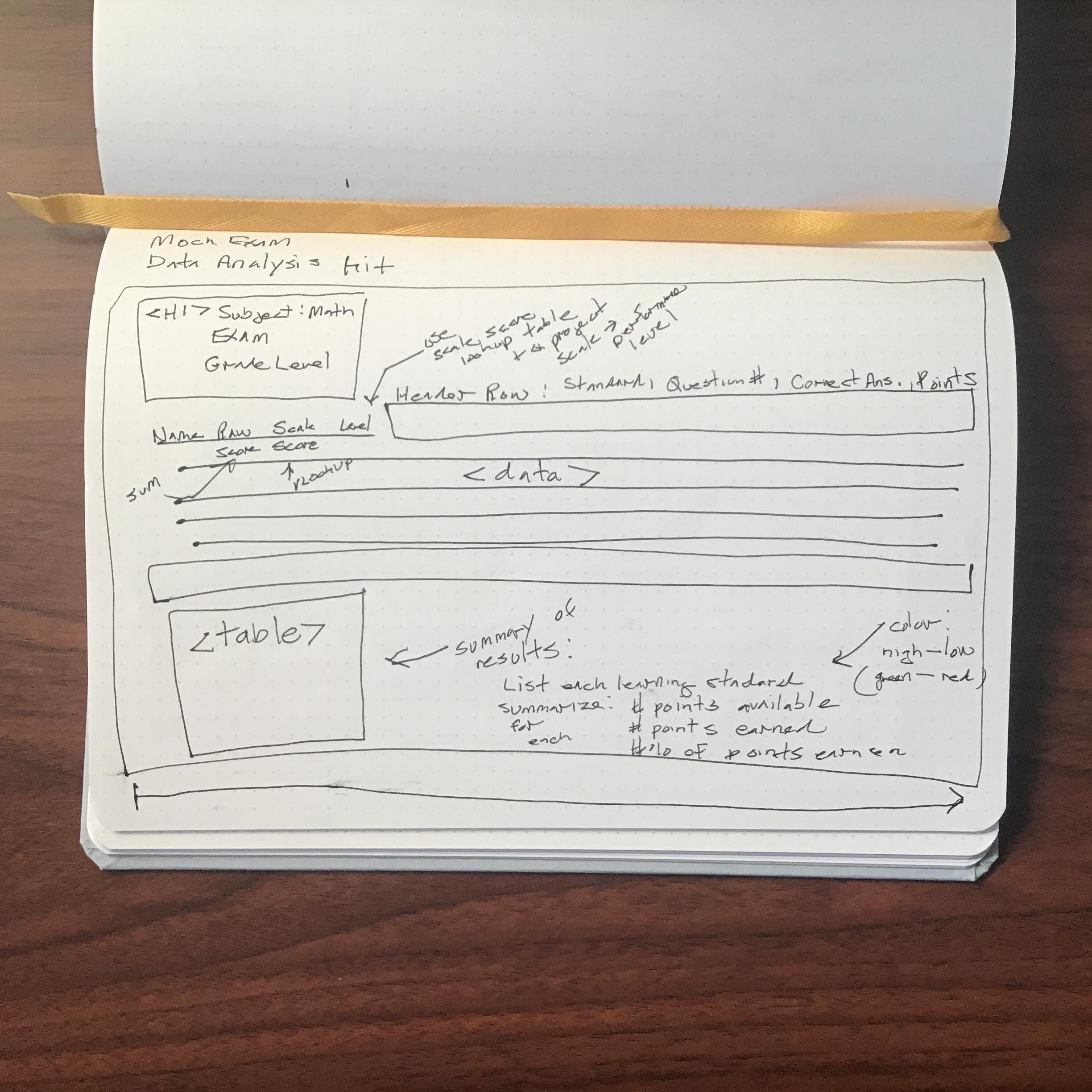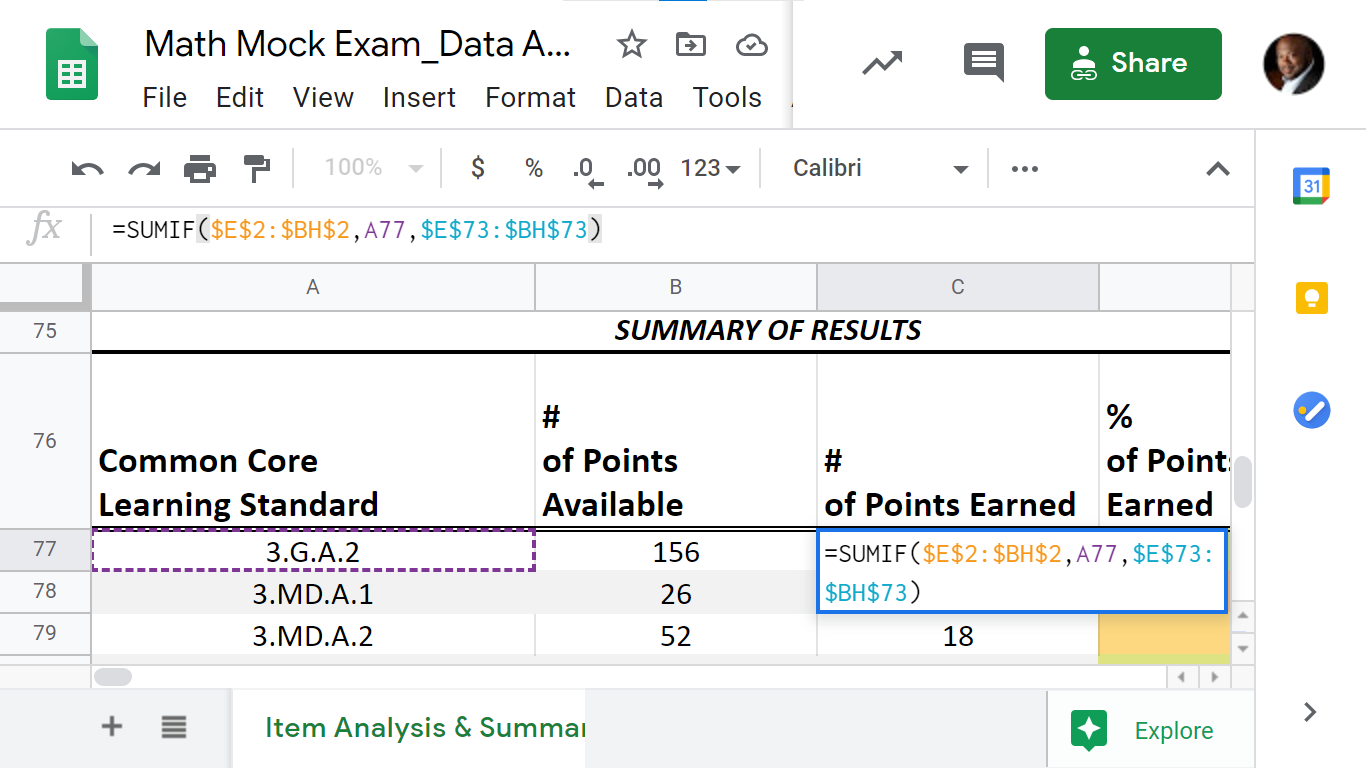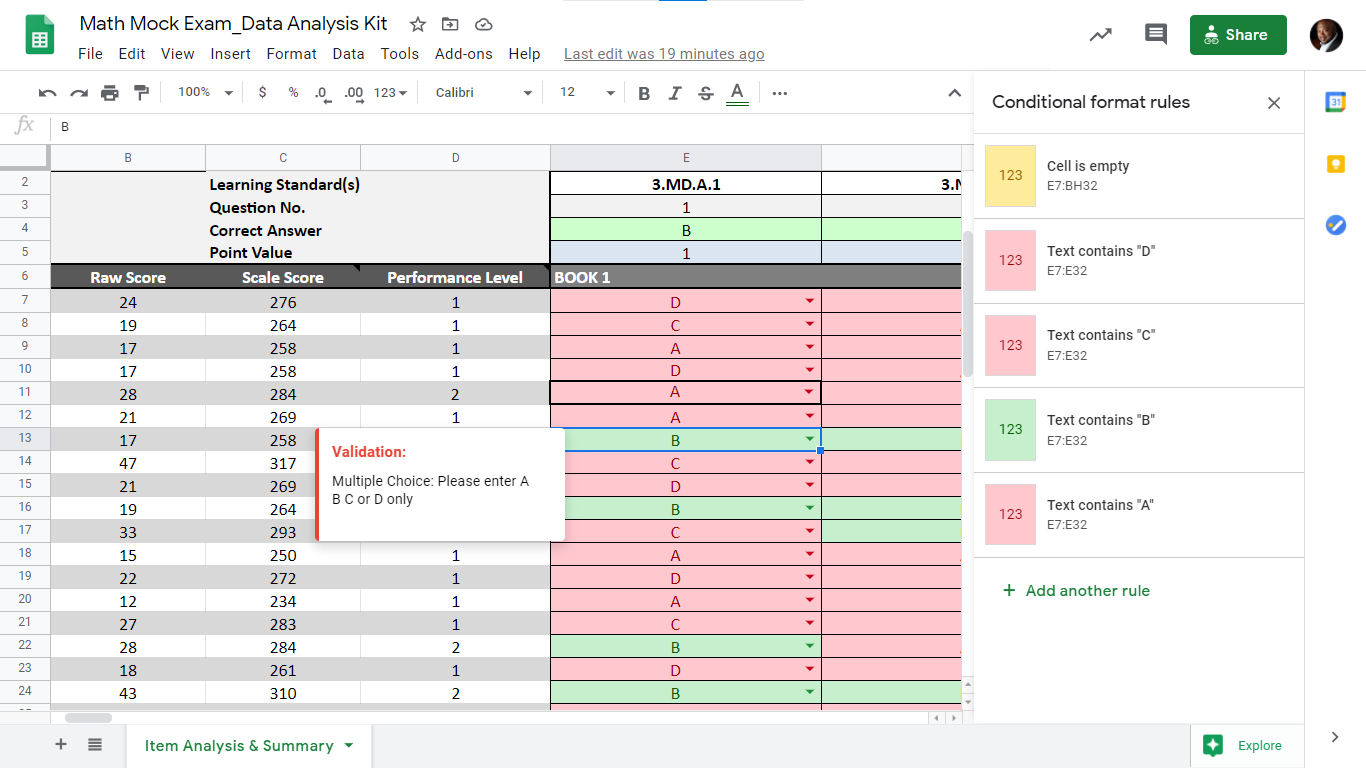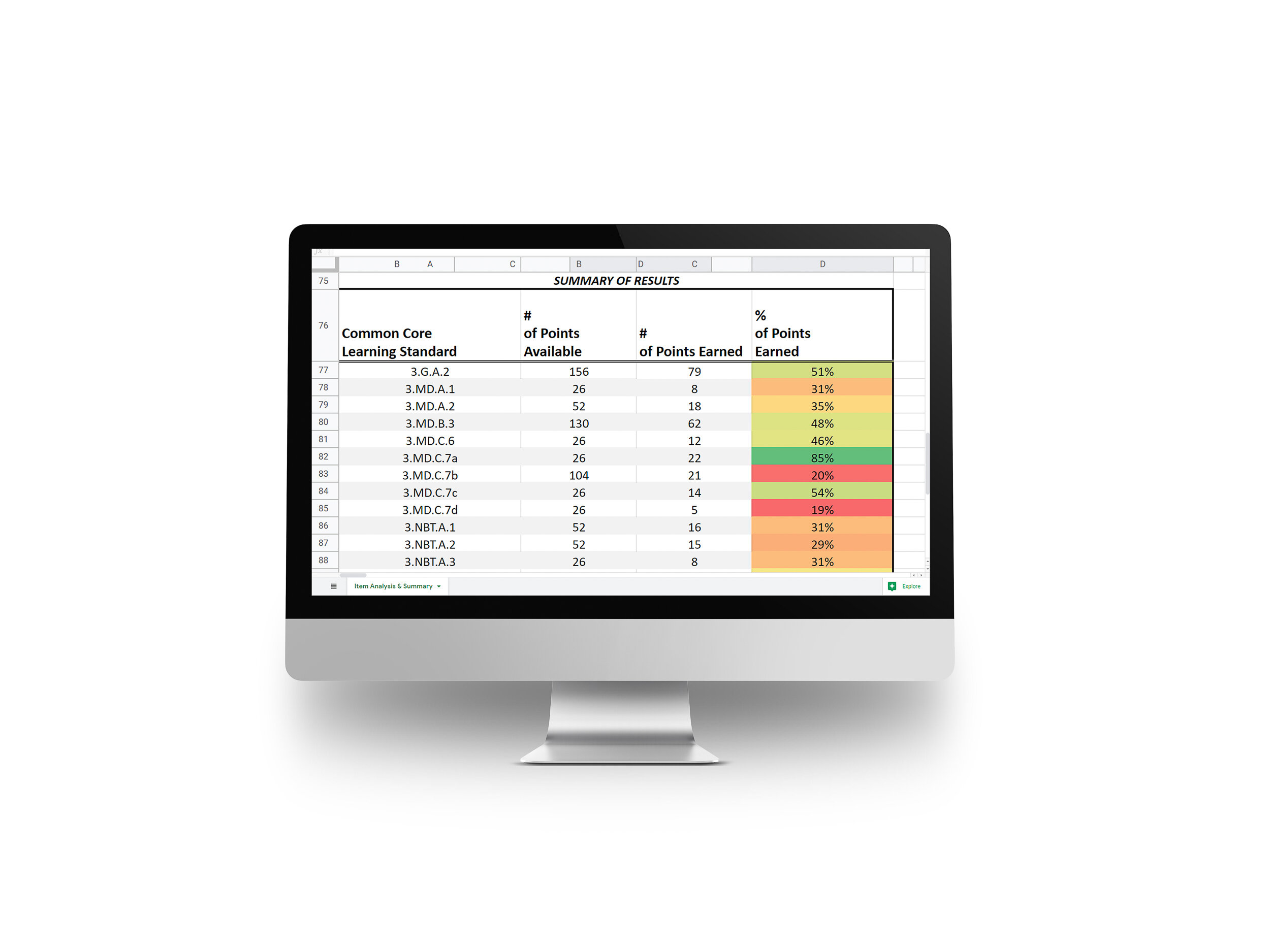Case Study 005. South Asian Youth Action (SAYA!) Weather vs. Attendance Tracker: Step 5
Step 5 - Publish
I published the finished visualization to Tableau online and I shared it with program administrators via secure link. During the team meeting, the visualization was projected on a large screen locatd at the front of the room. The visualization provided a common point of reference for the mentors and it was used to frame the conversation about their intervention work.
Step 5 - Publish
I published the finished visualization to Tableau online and I shared it with program administrators via secure link. During the team meeting, the visualization was projected on a large screen locatd at the front of the room. The visualization provided a common point of reference for the mentors and it was used to frame the conversation about their intervention work.
Case Study 004. South Asian Youth Action (SAYA!) Recent Trends in Absenteeism: Step 1
Step 1 - Discovery
To begin the process of creating the visualization, I met with the administrators of the intervention program and the mentors who worked directly with the students. I listened to their anecdotal accounts of what was happening lately with their mentees. I began to form an idea of what raw data needed to be collected and what information needed to be included in the visualization I would produce.
Step 1 - Discovery
To begin the process of creating the visualization, I met with the administrators of the intervention program and the mentors who worked directly with the students. I listened to their anecdotal accounts of what was happening lately with their mentees. I began to form an idea of what raw data needed to be collected and what information needed to be included in the visualization I would produce.
Case Study 004. South Asian Youth Action (SAYA!) Recent Trends in Absenteeism: Step 2
Step 2 - Sketch
Next, I made a rough sketch of what the visualization would look like and what information would go where on the screen.
Step 2 - Sketch
Next, I made a rough sketch of what the visualization would look like and what information would go where on the screen.
Case Study 004. South Asian Youth Action (SAYA!) Recent Trends in Absenteeism: Step 3
Step 3 - Prep Data
I collected the raw attendance and school enrollment data I needed and I organized it into a form that would allow it to translate smoothly into visuals.
Step 3 - Prep Data
I collected the raw attendance and school enrollment data I needed and I organized it into a form that would allow it to translate smoothly into visuals.
Case Study 004. South Asian Youth Action (SAYA!) Recent Trends in Absenteeism: Step 4
Step 4 - Build
I built out the visualization using Tableau software. The final result would be projected on a large screen during the team’s weekly meeting and I felt that Tableau was the the best choice for that type of presentation.
Step 4 - Build
I built out the visualization using Tableau software. The final result would be projected on a large screen during the team’s weekly meeting and I felt that Tableau was the the best choice for that type of presentation.
Case Study 004. South Asian Youth Action (SAYA!) Recent Trends in Absenteeism: Step 5
Step 5 - Publish
I published the finished visualization to Tableau online and I shared it with program administrators via secure link. At the weekly team meeting, the visualization was projected on a large screen located at the front of the room. It was used to guide the team’s conversations about the what was causing the recent changes in attendance and what stratgegies they could use to intervene.
Step 5 - Publish
I published the finished visualization to Tableau online and I shared it with program administrators via secure link. At the weekly team meeting, the visualization was projected on a large screen located at the front of the room. It was used to guide the team’s conversations about the what was causing the recent changes in attendance and what stratgegies they could use to intervene.
Case Study 003. South Asian Youth Action (SAYA!) Attendance Tracker: Step 1
Step 1 - Discovery
To begin the process of creating the visualization, I met with the administrators of the intervention program and the mentors who worked directly with the students. I listened to the concerns they had and we talked about the challenges they were facing. I began to form an idea of what information needed to be included in the visualization and what raw data needed to be gathered.
Step 1 - Discovery
To begin the process of creating the visualization, I met with the administrators of the intervention program and the mentors who worked directly with the students. I listened to the concerns they had and we talked about the challenges they were facing. I began to form an idea of what information needed to be included in the visualization and what raw data needed to be gathered.
Case Study 003. South Asian Youth Action (SAYA!) Attendance Tracker: Step 2
Step 2 - Sketch
Next, I made a rough sketch of what the visualization would look like and what information would go where on the screen.
Step 2 - Sketch
Next, I made a rough sketch of what the visualization would look like and what information would go where on the screen.
Case Study 003. South Asian Youth Action (SAYA!) Attendance Tracker: Step 3
Step 3 - Prep Data
Since this was a visualization that would have to be updated on a weekly basis, I made sure to organize the data files in such a way that they could be updated quickly. I had to ensure that all of the columns for each category of data would line up exactly, every time. Also, since this would be a change-over-time visualization, it was important to make sure that the format for the date was exactly the same for every row of data. (In this case, I used “MM-DD-YYYY” format.)
Step 3 - Prep Data
Since this was a visualization that would have to be updated on a weekly basis, I made sure to organize the data files in such a way that they could be updated quickly. I had to ensure that all of the columns for each category of data would line up exactly, every time. Also, since this would be a change-over-time visualization, it was important to make sure that the format for the date was exactly the same for every row of data. (In this case, I used “MM-DD-YYYY” format.)
Case Study 003. South Asian Youth Action (SAYA!) Attendance Tracker: Step 4
Step 4 - Build
I built out the visualization using Tableau software. The final result would be projected on a large screen during the weekly meetings and I felt that Tableau was the the best choice for that type of presentation.
Step 4 - Build
I built out the visualization using Tableau software. The final result would be projected on a large screen during the weekly meetings and I felt that Tableau was the the best choice for that type of presentation.
Case Study 003. South Asian Youth Action (SAYA!) Attendance Tracker: Step 5
Step 5 - Publish
I published the finished visualization to Tableau online and I shared it with program administrators via secure link. At the weekly meetings, the visualization was projected on a large screen located at the front of the room. The visualization provided a common point of reference for the team and it was used to frame the conversations they were having about their shared work.
Step 5 - Publish
I published the finished visualization to Tableau online and I shared it with program administrators via secure link. At the weekly meetings, the visualization was projected on a large screen located at the front of the room. The visualization provided a common point of reference for the team and it was used to frame the conversations they were having about their shared work.
Case Study 002. GCCS Mock Exam Data Analysis Kit: Step 1
Step 1 - Discovery
My first step was to meet with teachers and instructional coaches to determine specifically what their challenges were and what kind of tools they needed. We looked at the testing schedule and the topics to be covered by each test. We identified that the targets were for each classroom on each test.
Step 1 - Discovery
My first step was to meet with teachers and instructional coaches to determine specifically what their challenges were and what kind of tools they needed. We looked at the testing schedule and the topics to be covered by each test. We identified that the targets were for each classroom on each test.
Case Study 002. GCCS Mock Exam Data Analysis Kit: Step 2
Step 2 - Sketch
Spreadsheets can often be overwhelming to look at and difficult to use. I wanted to avoid those problems by making the new tool both aesthetically-pleasing and user-friendly. I sketched out what I wanted the tool to look like and how it would function.
Step 2 - Sketch
Spreadsheets can often be overwhelming to look at and difficult to use. I wanted to avoid those problems by making the new tool both aesthetically-pleasing and user-friendly. I sketched out what I wanted the tool to look like and how it would function.
Case Study 002. GCCS Mock Exam Data Analysis Kit: Step 3
Step 3 - Prep Data
The data tool predicted the students’ performance on future exams. In order to accomplish this, I researched past state exams and mapped them to the material on the practice exams.
Step 3 - Prep Data
The data tool predicted the students’ performance on future exams. In order to accomplish this, I researched past state exams and mapped them to the material on the practice exams.
Case Study 002. GCCS Mock Exam Data Analysis Kit: Step 4
Step 4 - Build
To build the tool, I used Microsoft Excel. I chose Excel because it was available to everyone in the organization and it was a tool that staff members were already familiar with and felt comfortable using.
Step 4 - Build
To build the tool, I used Microsoft Excel. I chose Excel because it was available to everyone in the organization and it was a tool that staff members were already familiar with and felt comfortable using.
Case Study 002. GCCS Mock Exam Data Analysis Kit: Step 5
Step 5 - Publish
I published the finished data kit on the school’s shared drive where all staff members could easily access it. The tool was used by teachers, school leaders and instructional coaches during their weekly meetings and it helped them with lesson planning and organizing small-group instruction.
Step 5 - Publish
I published the finished data kit on the school’s shared drive where all staff members could easily access it. The tool was used by teachers, school leaders and instructional coaches during their weekly meetings and it helped them with lesson planning and organizing small-group instruction.
Case Study 001. GCCS Dashboard: Step 1
Step 1 - Discovery
To begin the process of creating the dashboard, I met with members of the board and with school leaders. I listened to the concerns they had and the challenges they were facing. I began to form an idea of what information needed to be included in the dashboard and what raw data needed to be gathered.
Step 1 - Discovery
To begin the process of creating the dashboard, I met with members of the board and with school leaders. I listened to the concerns they had and the challenges they were facing. I began to form an idea of what information needed to be included in the dashboard and what raw data needed to be gathered.
Case Study 001. GCCS Dashboard: Step 2
Step 2 - Sketch
Given the volume of information involved, I felt it was essential to design a display that was clear and easy to read. My strategy here was twofold: 1. Provide a high level overview of each of the main areas of the organization and 2. In each of those areas, provide users with the option to “drill down” to view more detailed information on a topic that is of particular interest to them.
Step 2 - Sketch
Given the volume of information involved, I felt it was essential to design a display that was clear and easy to read. My strategy here was twofold: 1. Provide a high level overview of each of the main areas of the organization and 2. In each of those areas, provide users with the option to “drill down” to view more detailed information on a topic that is of particular interest to them.
Case Study 001. GCCS Dashboard: Step 3
Step 3 - Prep Data
This step was the heavy lift in this project. To complete it, I took the following actions:
I identified exactly what data needed to be displayed.
I identified sources for each of those data points.
I exported that data from school information systems (or requested a data export from an outside source).
I cleaned up and organized the data exports.
I compiled the data into Tableau-ready csv data files.
Step 3 - Prep Data
This step was the heavy lift in this project. To complete it, I took the following actions:
I identified exactly what data needed to be displayed.
I identified sources for each of those data points.
I exported that data from school information systems (or requested a data export from an outside source).
I cleaned up and organized the data exports.
I compiled the data into Tableau-ready csv data files.
Case Study 001. GCCS Dashboard: Step 4
Step 4 - Build
Now we come to the fun part—taking dry, lifeless data files and turning them into vibrant, engaging data visualizations. For this organization’s needs, I felt that Tableau was the best tool for the job.
Step 4 - Build
Now we come to the fun part—taking dry, lifeless data files and turning them into vibrant, engaging data visualizations. For this organization’s needs, I felt that Tableau was the best tool for the job.







